The RCORP Rural Center of Excellence on SUD Recovery at the Fletcher Group is a multi-state resource supported by the Health Resources and Services Administration (HRSA) of the U.S. Department of Health and Human Services (HHS) as part of an award totaling $3.3 million.
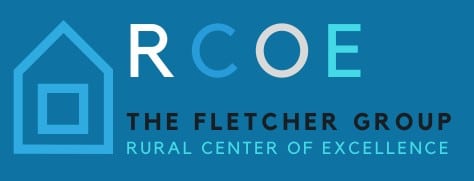
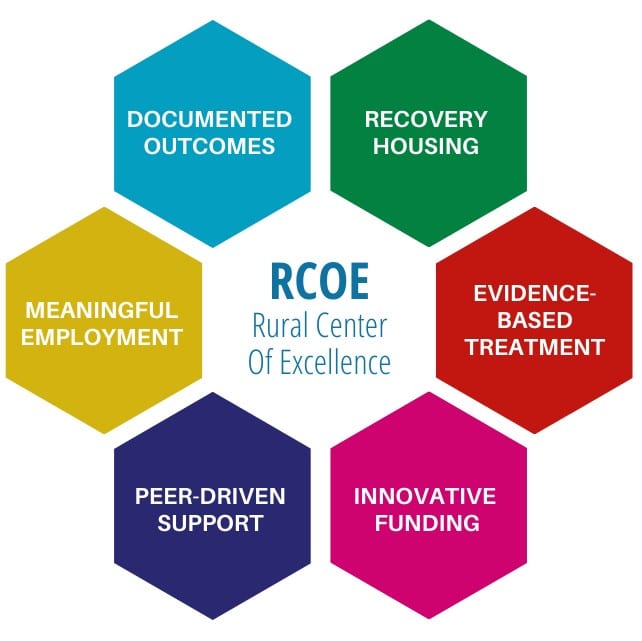
As part of the Rural Communities Opioid Response Program (RCORP), the grant supports evidence-based efforts to prevent and treat Substance Use Disorders (SUDs) in rural communities.
Our efforts are focused on, but not limited to, those rural counties with the highest rates of overdose deaths. For more information specific to the grant, click HRSA Grant.
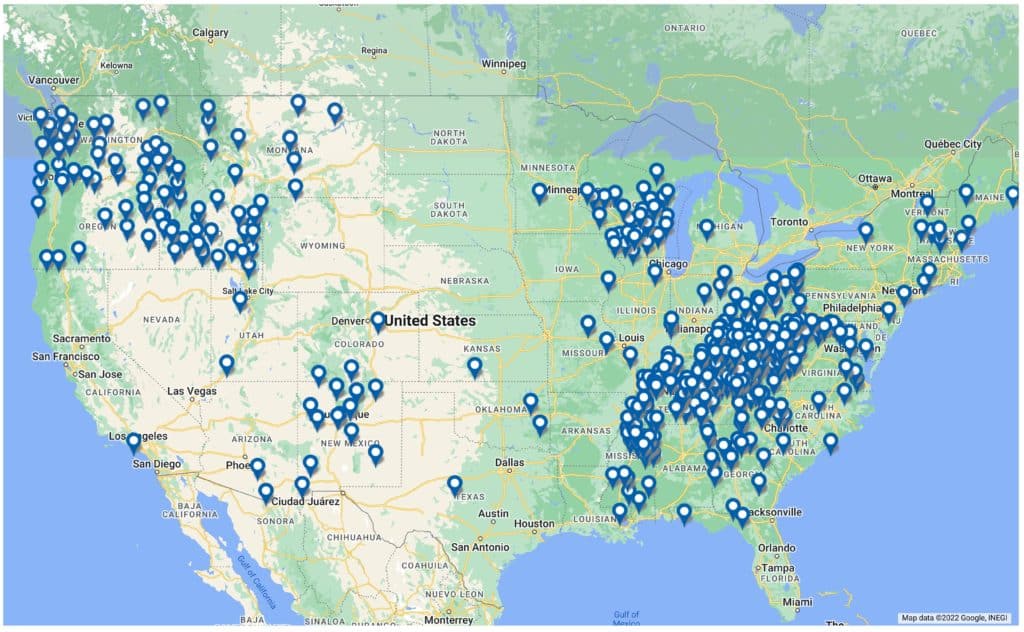
One of Three RCOE’s Nationwide
The RCORP Rural Centers of Excellence on Substance Use Disorders work to reduce substance use disorder (SUD) and opioid use disorder (OUD) in rural communities by identifying and sharing evidence-based programs and best practices. Each, however, has its own unique focus.
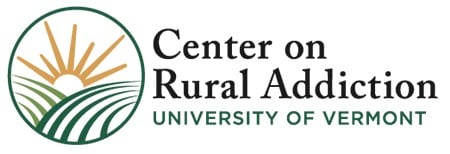
The University of Vermont Center on Rural Addiction focuses on treatment interventions with a special emphasis on supporting addiction treatment and prevention in rural Vermont, New Hampshire, Maine, and northern New York. You can learn more by clicking on the image to the left or by clicking here.
The University of Rochester Recovery Center Of Excellence focuses on synthetic opioid-related overdose mortality in the Appalachian region by providing technical assistance, research, support and financial modeling to rural communities in Kentucky, New York, Ohio, and West Virginia. You can learn more by clicking on the image to the right or contacting them directly by emailing URMedicine_Recovery@urmc.rochester.edu or calling 1-844-263-8762.
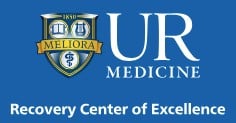
A Tangible, Real-World Impact
The dedicated evidence-based work done by the Fletcher Group Rural Center Of Excellence is paying real dividends across rural America as evidenced in our 2024 Impact Reports. Please feel free to share this good news with others. Work of this kind is not easy and should be celebrated, not only for the lives it’s changed but for the hope it brings to others.
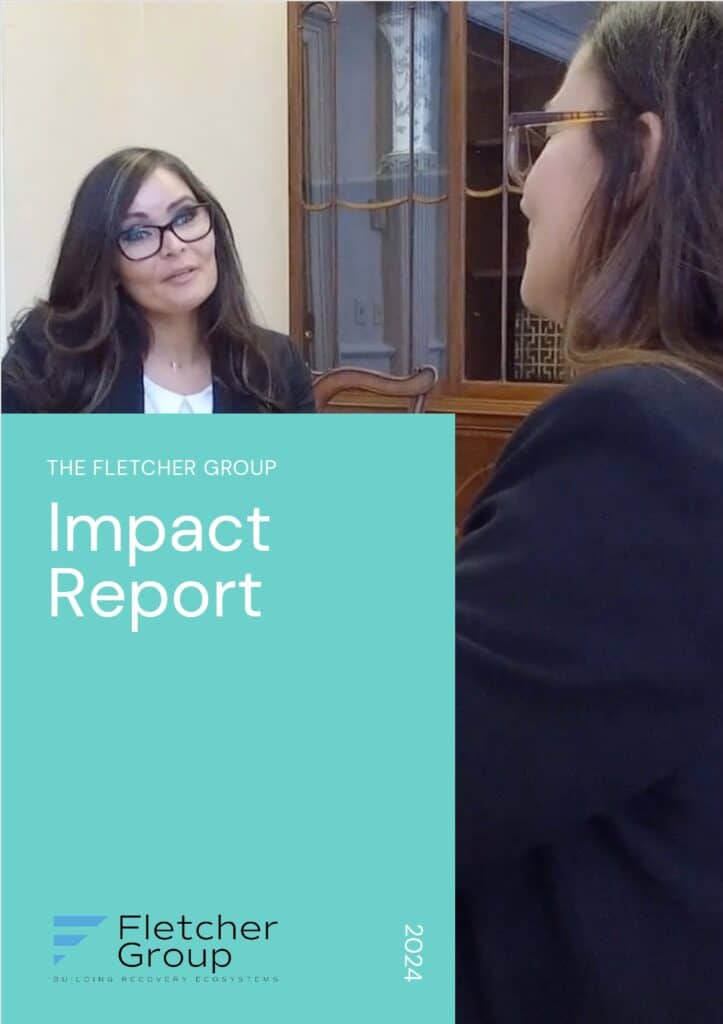
Our Impact In 2024
Click on the image to the left to read and download our 2024 Impact Report.
Our Accumulative Impact
Click on the image to the right to view and download our 2024 Impact Chart.
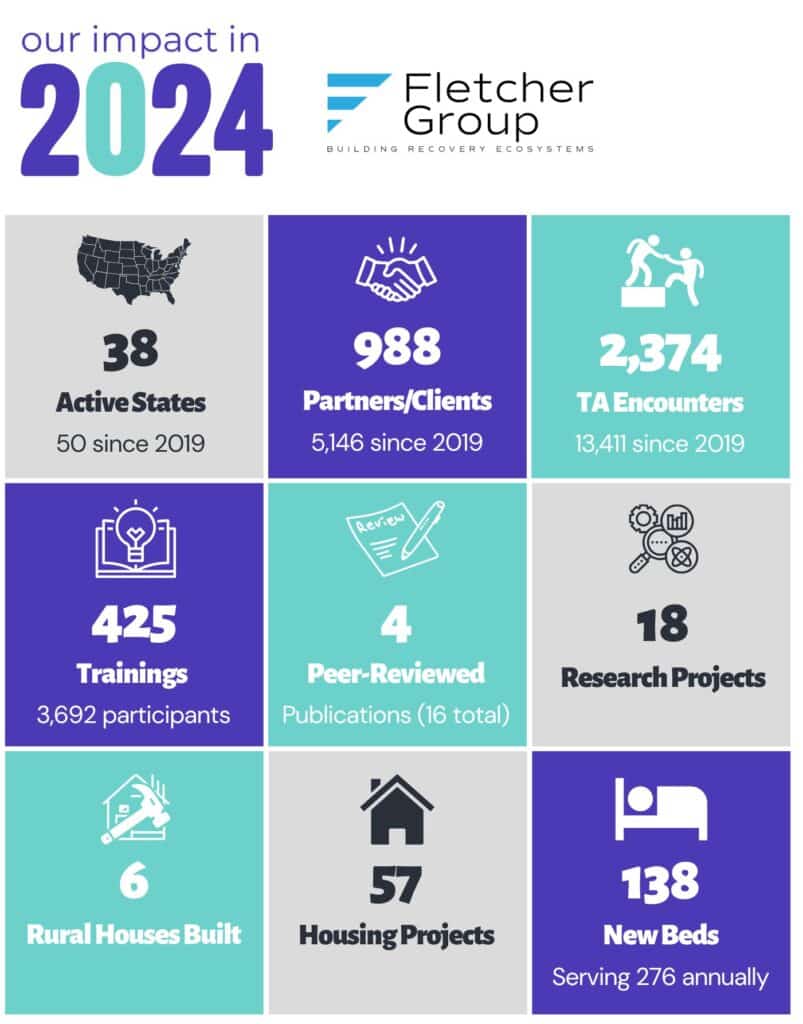
Our Success Stories
To see how our Rural Center of Excellence is helping communities across the country, take a look at a few of our Success Stories.
Our Logic Model
Are you interested in seeing the Goals, Team Members, Strategies, Activities, Outputs, and Impacts of the Fletcher Group Rural Center of Excellence? If so, just click Fletcher Group RCOE Logic Model.
Resources Available To You
Technical Assistance from the Fletcher Group Rural Center of Excellence coordinates and implements the following resources for our rural community-based partners.

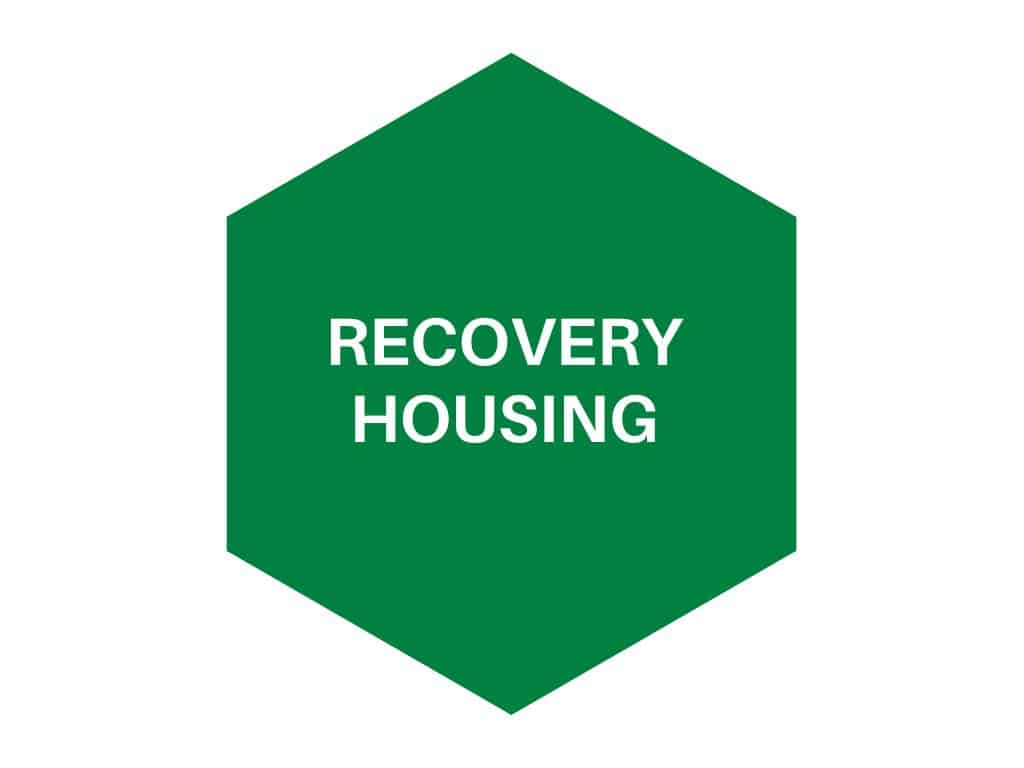
Safe, stable Recovery Housing is an essential first step in any program seeking lasting recovery. No recovery program, no matter how well intended, can succeed without it.
We apply the latest recovery science, epidemiological data, and evidence-based practices to optimize your prevention, treatment, and recovery efforts.
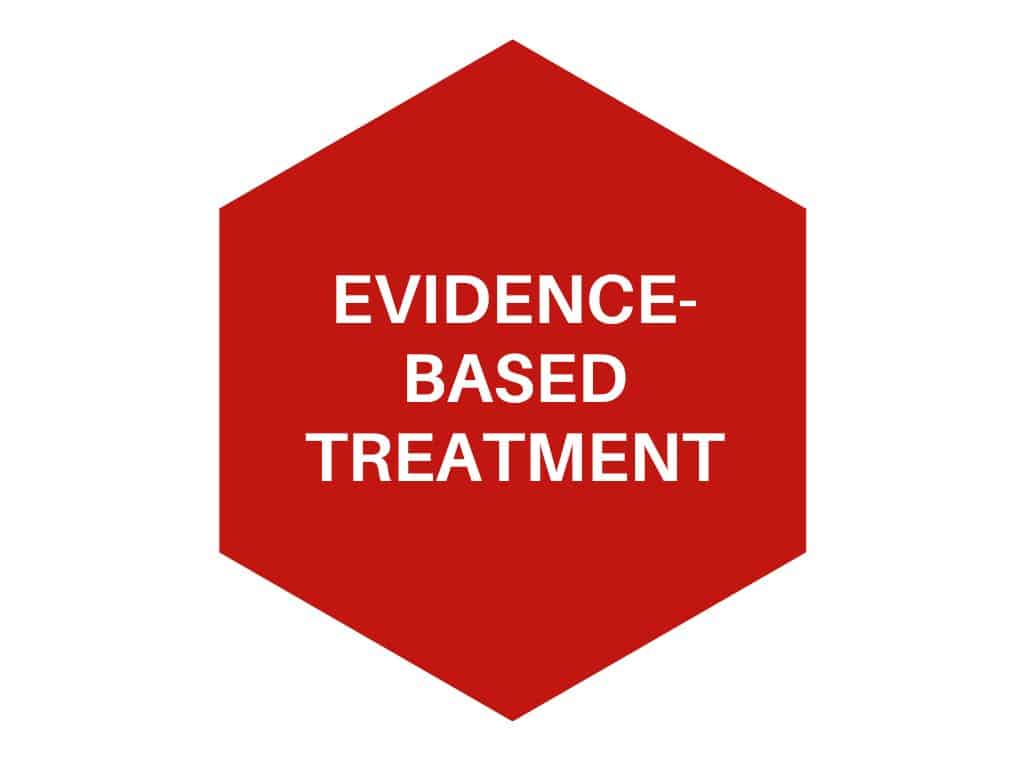
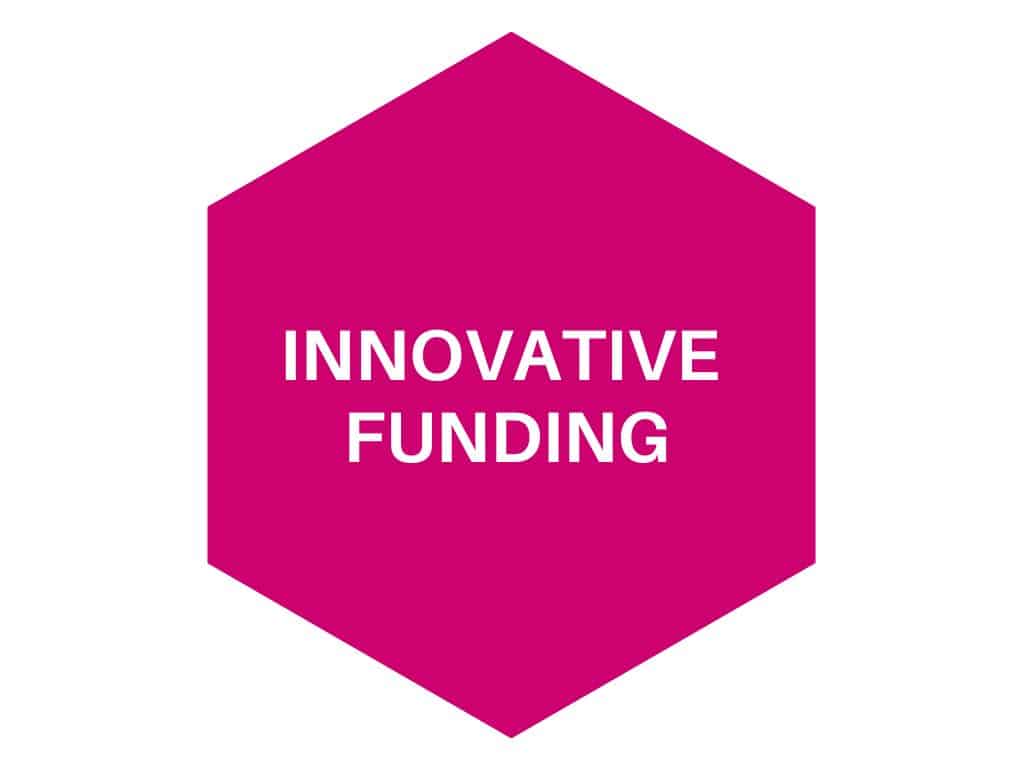
Blended funding from existing sources can help you cover both construction and day-to- day operational costs. We can also help you partner with local courts and corrections facilities to ensure sustainability.
Peer Support Workers excel at leading recovery groups and training and mentoring as well as administration, supervision, community networking, resource development and public advocacy.
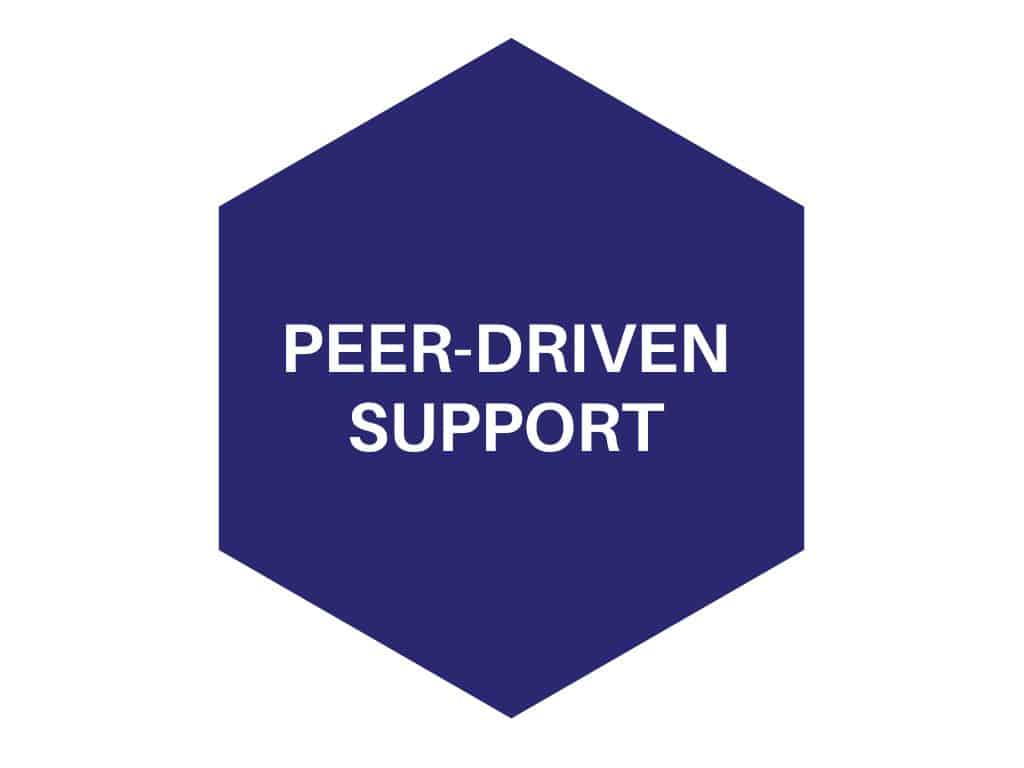
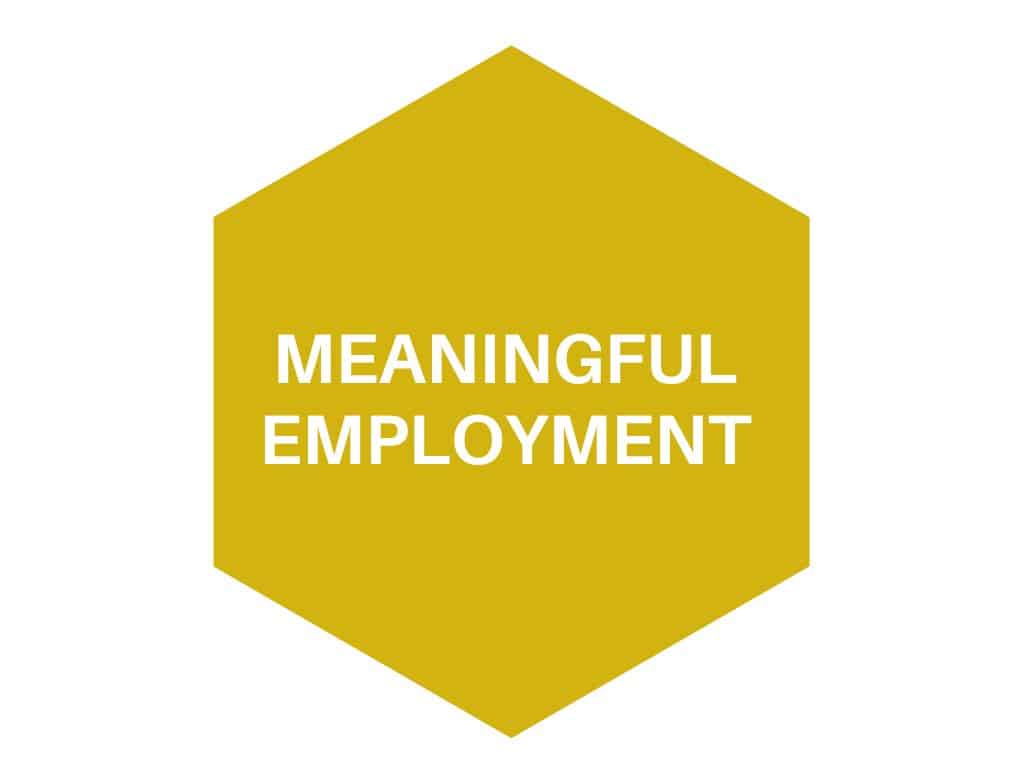
We can work with you to accurately assess the vocational interests, passions, predispositions, knowledge, and skills of potential employees as well as develop the life skills and job training they need for meaningful employment.
We can help you build systems to evaluate and quantify your outcomes, thereby providing the kind of documented return on investment needed to maintain the support of funders and policy makers.
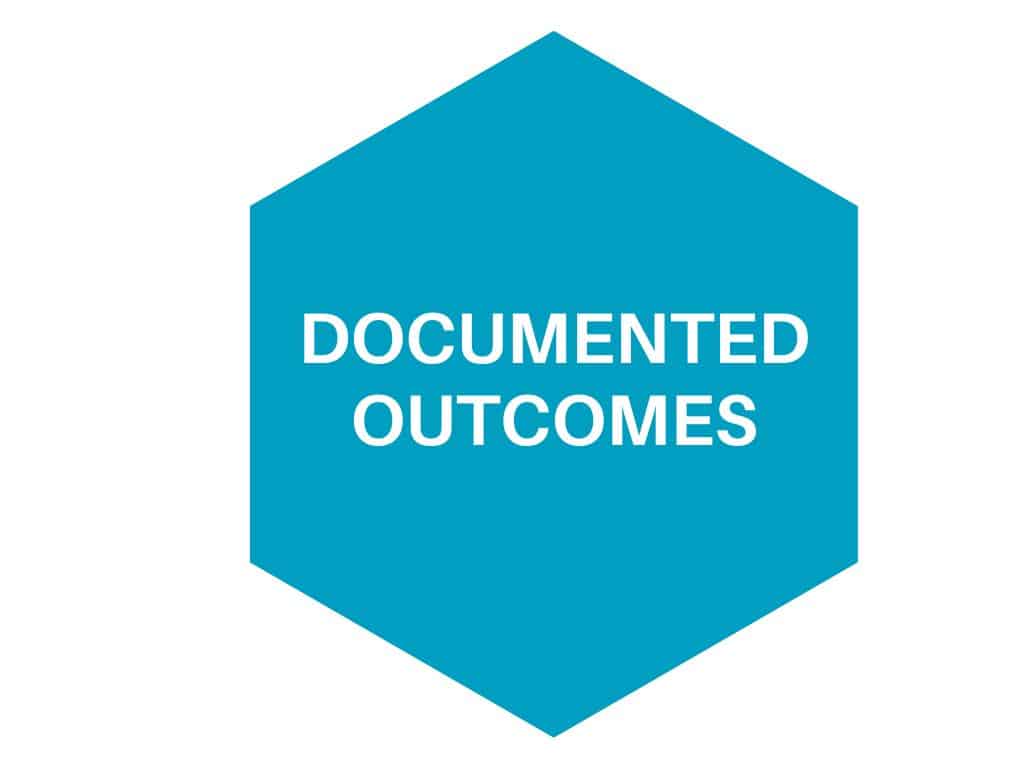
Fulfilling RCORP’s Mission
According to a 2018 GAO report, the Recovery Housing industry is unregulated and fraught with fraud, ineffectiveness and, occasionally, client abuse. While quality and effectiveness vary greatly, consumers have little information with which to choose providers. As a result, families often spend thousands of dollars with little result as loved ones continue to experience the results of Substance Use and Opioid Use Disorders. Unfortunately, recovery housing is often limited in rural communities, in large part because of a lack of resources and technical assistance.
A Team Effort
The RCORP Rural Center of Excellence on SUD Recovery at the Fletcher Group is a uniquely purpose-driven and agile organization that leverages a wide range of partners. Our research team draws on the expertise of the University of Kentucky’s College of Public Health and its Kentucky Injury Prevention Research Center (KIPRC) as well as JBA, a leading program evaluation organization with over 40 years of multi-state experience.
Other partners include the National Alliance for Recovery Residences (NARR), the Association of State and Territorial Health Officials (ASTHO), and the National Association of County and City Health Officials (NACCHO).
An additional key role is played by the Federation of Appalachian Housing Enterprises (FAHE), a financial intermediary with expertise in low-income housing tax credits, section-8 housing, and other financial resources needed to fund Recovery Housing.
Boots On The Ground
The Fletcher Group’s expertise in prevention, intervention, Medication-Assisted Treatment (MAT), and recovery housing is delivered locally by Outreach and Engagement Specialists residing in numerou rural regions across the country. To lower overdose fatalities, provide alternatives to jail for drug offenders, reduce recidivism, and promote health and well-being, our staff identify needs and assist in tailoring the response most appropriate to each rural community.

This web page is supported by the Health Resources and Services Administration (HRSA) of the U.S. Department of Health and Human Services (HHS) as part of an award totaling $3.3 million with 0% financed with non-governmental sources. The contents are those of the author(s) and do not necessarily represent the official views of, nor an endorsement, by HRSA, HHS, or the U.S. Government.